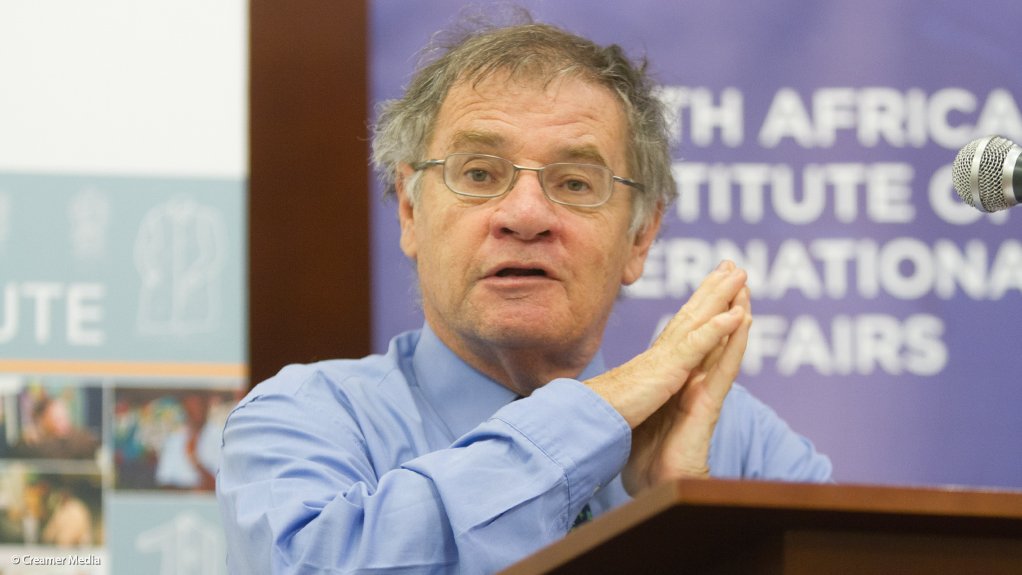If the South African Revenue Services (Sars) focused on recovering money from transfer pricing abuses‚ Finance Minister Nhlanhla Nene probably would not have had to raise taxes by 1% in his budget speech‚ Judge Dennis Davis‚ head of the Davis Tax committee told Parliament on Tuesday.
He was briefing the portfolio committee on trade and industry on the issue of transfer pricing.
Transfer pricing refers to transactions for goods or services between related entities within multi-national companies.
However‚ when the prices of these transactions are manipulated‚ in what is often termed “transfer mispricing” so that the companies can benefit from more lenient tax regimes‚ this becomes problematic as it erodes the South African tax base.
Because less tax means fewer services to the poor‚ transfer pricing has become a bone of contention for many – ranging from unions‚ to the Economic Freedom Fighters (EFF) and even mining magnate Bridgette Radebe.
The cost of transfer mispricing to the economy has not been fully quantified. Some studies cite the amount lost at over R200-billion. However‚ Davis said some of these figures did not add up.
Recent Sars investigations into 30 multinational companies recouped about R5-billion in transfer mispricing.
Davis said that in his budget speech‚ Nene had outlined a need to raise about R17-billion in additional taxes.
“When we were investigating how to find the R17-billion‚ we said‚ if you can find R5- or R6-billion by virtue of transfer pricing abuses as an example‚ then you probably wouldn’t have had to do the increase of 1%‚” he said.
African National Congress (ANC) MP Adrian Williams called for the practice to be outlawed completely‚ while fellow ANC MP Priscilla Mantashe called it a “tool for the sophisticated looting of our resources in the country. Why is it legal if it is crippling this country from addressing our ills?”
EFF MP Floyd Shivambu said that countries that had adopted the Organisation for Cooperation and Economic Development guidelines around transfer pricing had all “failed miserably”.
Davis‚ however‚ said while it could be problematic‚ it was a legitimate practice of trade between related entities.
Davis emphasised that the government and the revenue services first needed more information about the problem and its extent before it could start criminally charging those involved.
Tax director for Deloitte Billy Joubert said: “I’m not aware of a case going to court in South Africa and I’m not sure what would happen if it did. I’m not sure we have a judge who could hear a transfer pricing case in South Africa.”
This was compounded by the fact that Sars did not have enough people working on transfer pricing investigations‚ both Davis and Joubert said.
EMAIL THIS ARTICLE SAVE THIS ARTICLE
To subscribe email subscriptions@creamermedia.co.za or click here
To advertise email advertising@creamermedia.co.za or click here











